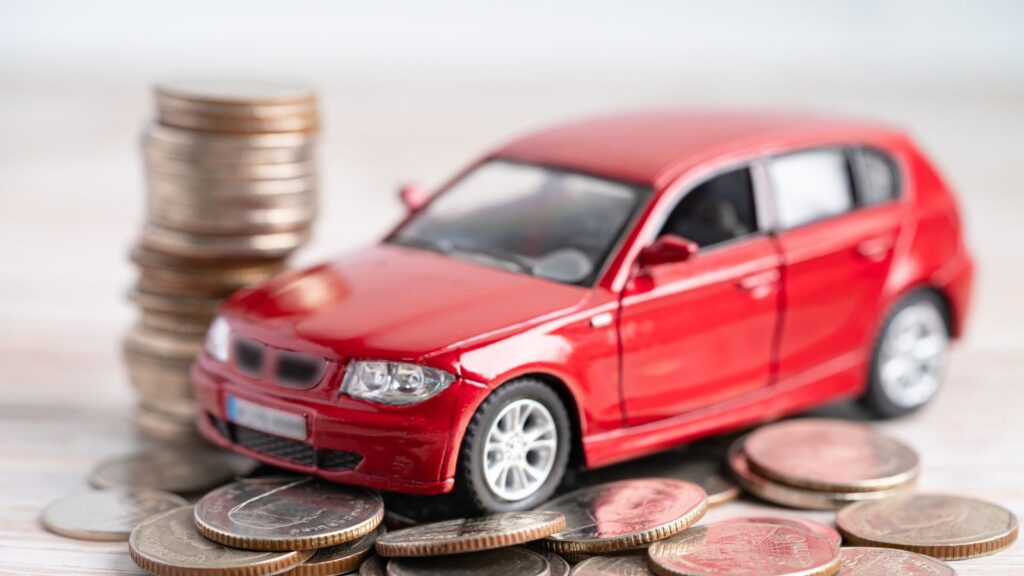Table of Contents
Toggle
More drivers than ever are taking out car finance to help spread the cost of their next car. If you’ve never had car finance before or you’ve previously been declined, you may be wondering what your chances are of getting approved. The guide below looks at the most common factors most lenders consider when assessing your car finance eligibility. However, the final decision always lies with the lender. Take into account the factors below to help you on your way to securing car finance!
Eligibility.
Your eligibility for car finance can be determined by a whole number of factors and it can be hard to know whether you’re going to be approved or not. Car finance lenders can’t say yes to everyone who applies. As much as they’d like to, it would be unethical for a lender to offer someone finance who simply can’t afford to pay it back or doesn’t meet the criteria. You can use a car finance eligibility calculator to get an idea of how much you could borrow, before you apply for finance. Each finance lender will set their own criteria for car finance so you may be better suited to one lender over the others.

Affordability.
As we’ve mentioned above, affordability is key to getting a car on finance. If you can’t afford a finance deal, you won’t be able to secure one. Car finance deals usually last a number of years, so lenders need to be assured you can afford each monthly payment over the term. An affordability check is a common tool used by lenders to assess income, expenses, debt, credit history, and employment status to evaluate whether you’re suitable for finance or not. Some lenders may set a minimum income amount, usually of around £1,000 to ensure the customer will be able to afford finance. If you’re not sure how much to spend on your next car, a good rule of thumb is to only use around 20% of your monthly income on a car payment.
Credit Score.
Another big player in the car finance eligibility game is your credit score. Your credit score is a direct reflection of how well you can handle your finances. Your credit report shows a history of your financial repayment and missed or late payments. Missed or late payments in the past can put prospective lenders off, as you’re more likely to default on future loans too. It doesn’t mean car finance with bad credit is impossible but it can make it harder to get accepted or get you a less competitive deal. Raising your credit score can be key to easier acceptances, higher credit limits and lower interest rates.
Finance Types.
Did you know there isn’t just one way to finance a car? Car finance actually comes in many forms and you may be eligible for one type of finance over the others. Take some time to explore each of the below car finance agreements and if they’re right for you.
Hire Purchase.
Hire Purchase is a popular way to finance a car for many drivers. It is easy to understand and can be offered to many different types of drivers. Hire purchase is a secured loan, this means the lender buys the car on your behalf from a dealership. The lender owns the car during your agreement and you’ll make monthly payments back to the lender. At the end of the deal, once all payment shave been and over the term, you have paid off the car and interest. Once the final option to purchase fee is paid, the car will be yours to own and keep with no extra payments to make.
Personal Contract Purchase.
Personal Contract Purchase car finance is a secured loan just like hire purchase but it has a different structure. In hire purchase the total loan amount including the cars value, fees and interest are all split equally over the term. In PCP, you only pay back part of the loan over the term and then there is a lot of equity in a balloon payment at the end of the deal. To take ownership of the car, the balloon payment will need to be paid at the end. Or, you can choose to hand the car back to the dealer or use any positive equity in the deal towards a new car on a new PCP car finance deal.

Personal Loan.
A personal loan is an example of an unsecured loan, which means there’s not collateral involved and the lender doesn’t own the car. If approved for a personal loan, the amount you’ve requested gets deposited into your bank account and you pay it back over the agreed number of years. You can sue the money just like a cash buyer and go and buy a car from a dealer or private seller.
It can be worth exploring each of the above car finance agreements in more detail before you commit to one. In general, personal loans tend to be the most cost-effective way to get a car on finance because they offer low interest rates. However, they are usually only reserved for people with the best credit scores. Hire Purchase could be bad credit friendly because it’s a secured loan and if you fail to repay, the lender has the right to take the car away from you. PCP deals tend to be favoured by drivers who don’t necessarily care about owning the car and want to get a new car every couple of years.















